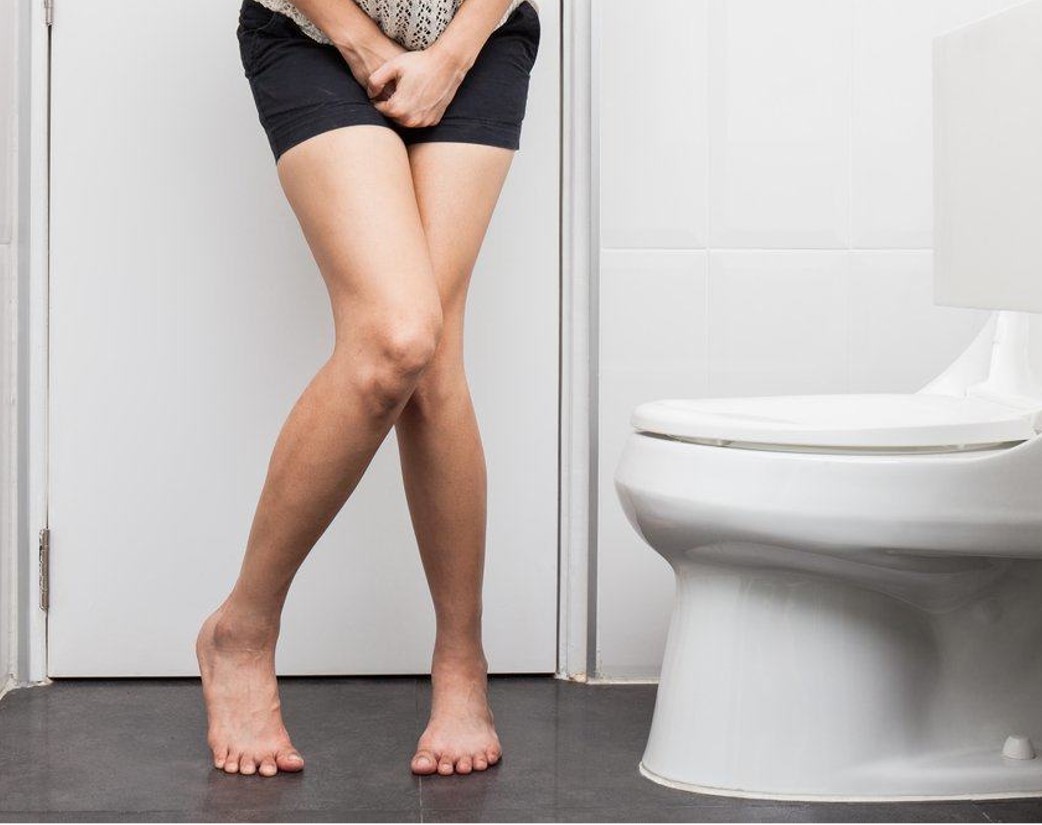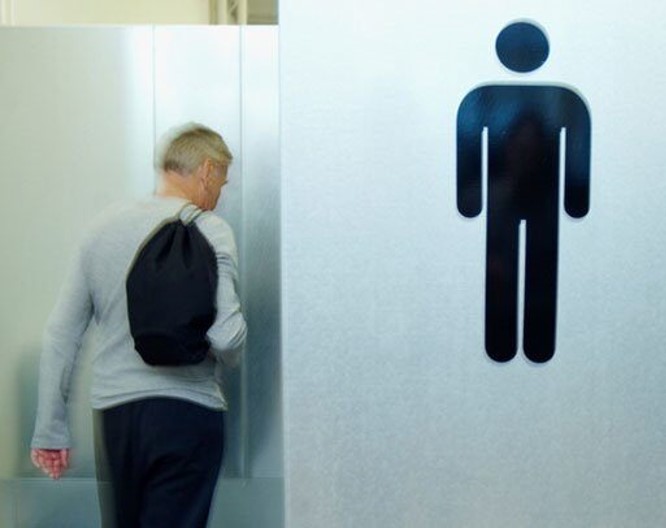
Smaller kidney stones that remain in the kidney often don’t cause any symptoms. You might not notice anything is amiss until the stone moves into your ureter — the tube that urine travels through to get from your kidney to your bladder.
Kidney stones are typically very painful. Most stones will pass on their own without treatment. However, you may need a procedure to break up or remove stones that don’t pass.
Here are eight signs and symptoms that you may have kidney stones.

|

|

|

|

|

|

|

|

|


Pain caused by a kidney stone may change — for instance, shifting to a different location or increasing in intensity — as the stone moves through your urinary tract.Make an appointment with your doctor if you have any signs and symptoms that worry you.
Seek immediate medical attention if you experience
 |
|
|---|